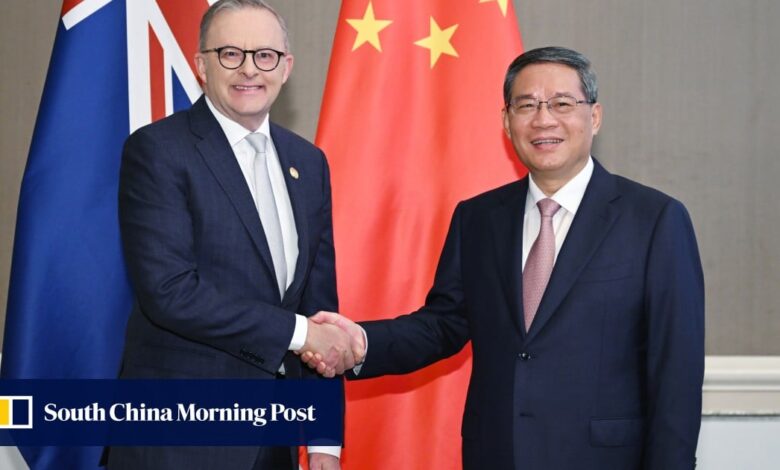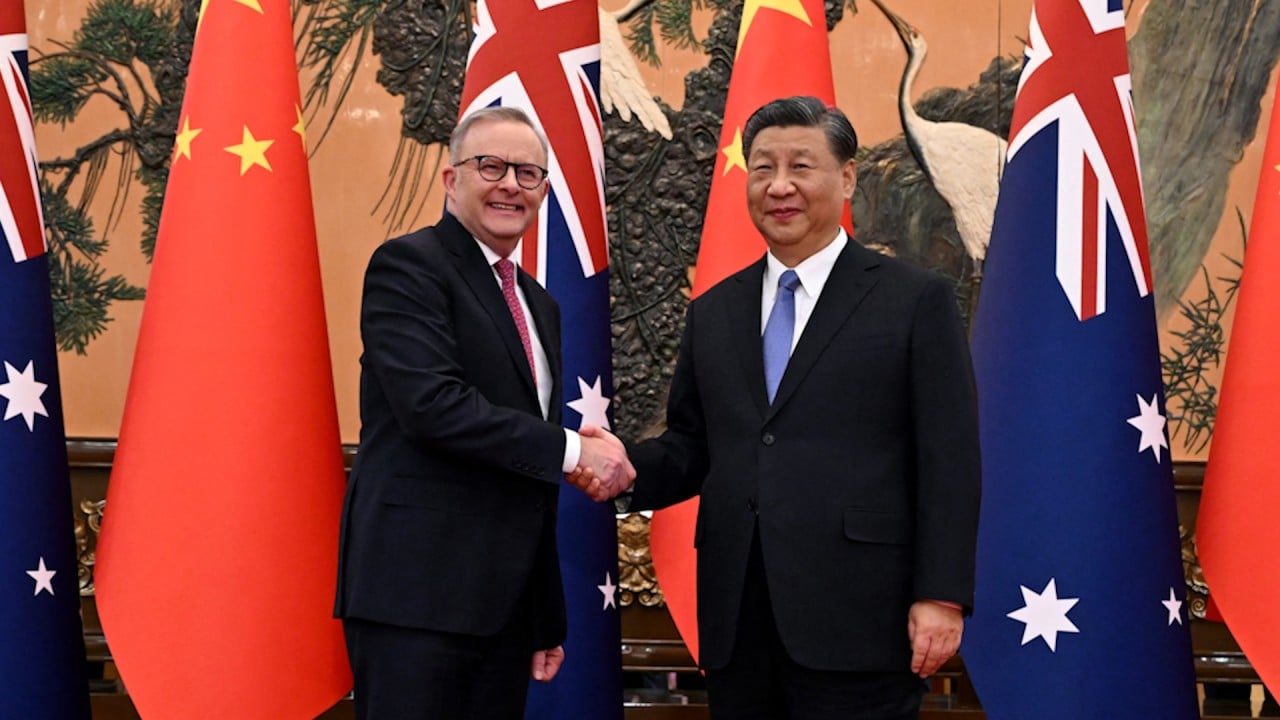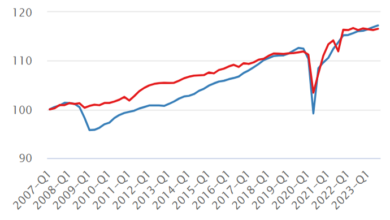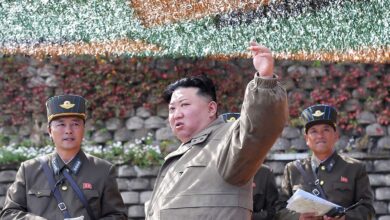Exclusive | Chinese Premier Li Qiang set to visit Australia in June, live lobster import ban expected to be lifted

The major topics of the visit, however, remain unknown.
“The Australian government has consistently advocated – including during the recent visit of Chinese Foreign Minister Wang Yi – for the full and timely removal of all trade impediments, including those affecting exports of live rock lobster to China,” Australia’s Department of Foreign Affairs and Trade said in a statement.
It added that the Department of Agriculture, Fisheries and Forestry was “engaged in discussions” with its counterparts in China to resolve the issues.
The Department of the Prime Minister and Cabinet in Canberra, though, did not comment on the visit.
Chinese foreign ministry spokeswoman Mao Ning, meanwhile, provided no specific information on the visit at a regular press conference on Thursday.
“We are ready to stand with Australia … to strengthen high level exchanges, deepen cooperation, increase mutual understanding, and bring China-Australia relations onto a more mature, stable and fruitful track,” she said, according to Reuters.
Li’s visit is viewed as reciprocal to Prime Minister Anthony Albanese’s trip to China in November, which was the first by an Australian leader in seven years.
During March’s visit by Wang, Foreign Minister Penny Wong said Australia was already preparing for a visit by China’s premier, who oversees economic and financial affairs and is vital for policies affecting imports of Australian iron ore, wine and aquatic products.
Wong said the administration looked forward to “welcoming Premier Li to Australia”, while Albanese had earlier invited Li to Australia during his trip to Beijing at the end of last year.
Is coal stoking a new era for China-Australia ties as shipments surge?
Is coal stoking a new era for China-Australia ties as shipments surge?
Last month, Wang discussed signing a new science and technology agreement with Australian counterpart Wong in exchange for Canberra’s request to lift trade sanctions.
“But Wong did not really respond [to the pitch],” another source told the Post.
Instead, the pair exchanged views and some fundamental differences over Taiwan, the South China Sea, the Xinjiang Uygur autonomous region, Tibet, Hong Kong and the Israel-Gaza war.
Australian coal, barley, cotton, beef and dairy products have all gradually returned to the Chinese market from last year having been under various official and unofficial bans since then-Australian prime minister Scott Morrison called for an independent investigation into the origins of the coronavirus in 2020.
Things are trending in a positive direction
“Things are trending in a positive direction,” he said.
“[We had] a big launch for our premium frozen lobsters at the grand opening [in April] of the Yuhu cold chain centre in Guangzhou. [I’m] very excited for this venue to open up.”
China remains Australia’s largest trading partner, accounting for 26 per cent of its goods and services trade in the 2022 and 2023 financial years, according to Australia’s Department of Foreign Affairs and Trade.
China’s customs data, meanwhile, showed bilateral trade grew by 4.1 per cent from a year earlier to US$229.2 billion in 2023.






